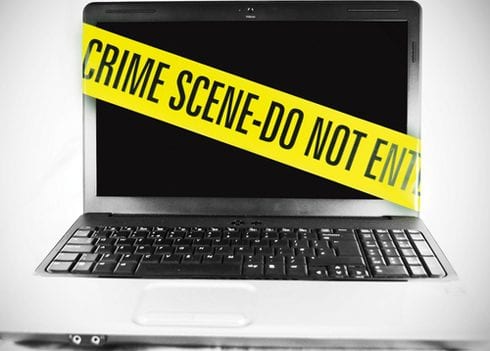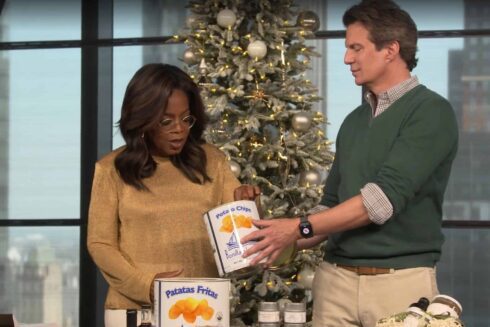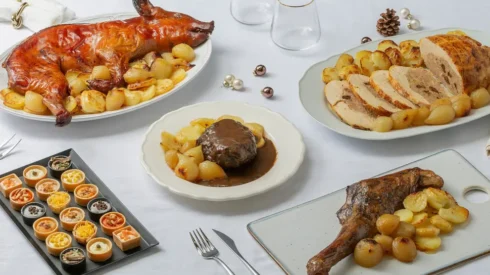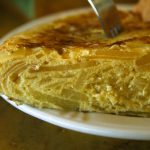WITH summer in full swing, it really is the ideal time for a barbecue.
But don’t let your alfresco dining experience be ruined by a dodgy burger or sausage.
Good food hygiene is more important now than ever, with food poisoning cases doubling over the summer.
When it comes to barbecuing the two main risk factors are undercooked meat and spreading germs from raw meats onto food that is ready to eat.
It is important to remember that germs from raw meat such as salmonella and E.coli can move easily onto your hands, and then onto anything else you touch.
“The safest option is to cook food indoors using your oven,” says a spokesperson from the Food Standards Agency (FSA).
“You can then put the cooked food outside on the barbecue for flavour.”
This can also be an easier option if you’re cooking for a lot of people at the same time.
But for those determined to do all their cooking outside here we offer some top tips on how to stay safe when barbecuing, along with general advice on food safety.
• Don’t leave food out of the fridge for more than a couple of hours, and don’t leave it in the sun.
• Make sure you keep your fridge at less than 5C and your freezer at less than -18C to prevent bacteria from multiplying.
• Keep raw meat and seafood in a sealed container separate from other food.
• Allow cooked leftovers to cool to room temperature before storing in the fridge.
• Make sure you use up any leftovers within two days.
• Don’t handle food if you have stomach problems such as diarrhoea or vomiting.
• Always wash your hands after touching raw meat.
• Use separate utensils (plates, tongs and containers) for cooked and raw meat, and never put cooked food on a plate or surface that has had raw meat on it.
• Throw away any food that has passed its use-by date.
• Cooking food over 70C will kill off any bacteria. If food isn’t cooked at high enough temperature, bacteria can still survive.
• On a BBQ, make sure the coals are glowing red with a powdery grey surface before you start cooking, as this means that they’re hot enough.
• Frozen meat should be properly thawed before you cook it.
• Turn the meat regularly and move it around the barbecue to cook it evenly.
• Don’t put raw meat next to cooked or partly cooked meat on the barbecue.
• Take special care that you cook meat all the way through. Unless you’re cooking steak or joints of beef or lamb it shouldn’t be pink in the middle, and any juices should be clear. Don’t assume that because meat is charred on the outside it will be cooked properly on the inside.
• Food should be piping hot – you should be able to see steam coming out before you serve it.











Never understood the attraction of barbecues. Lives and health put at risk from charred lumps of meat. Neighbours choked with fumes that put one in mind of burning diesel. Guests fainting from hunger due to inept barbie cooks not getting the grub up. Bugs. Boredom. Burnt bangers. Scorched burgers. All this within a few paces of perfectly seviceable stoves and fridges. Why do people do it?